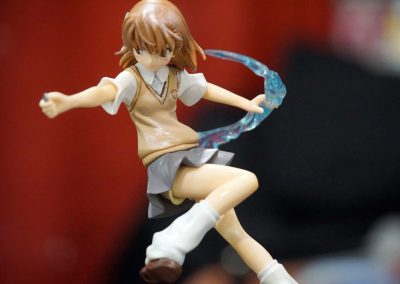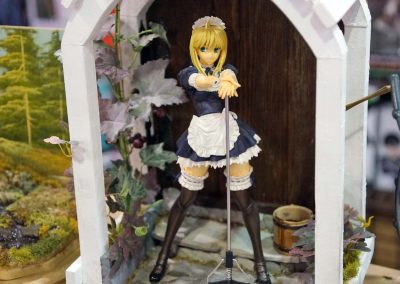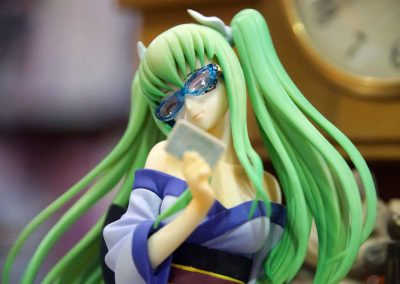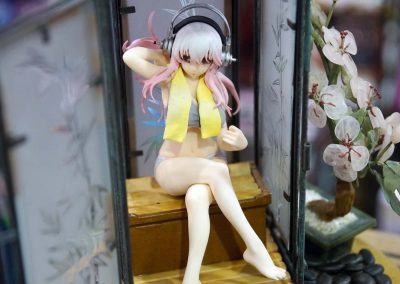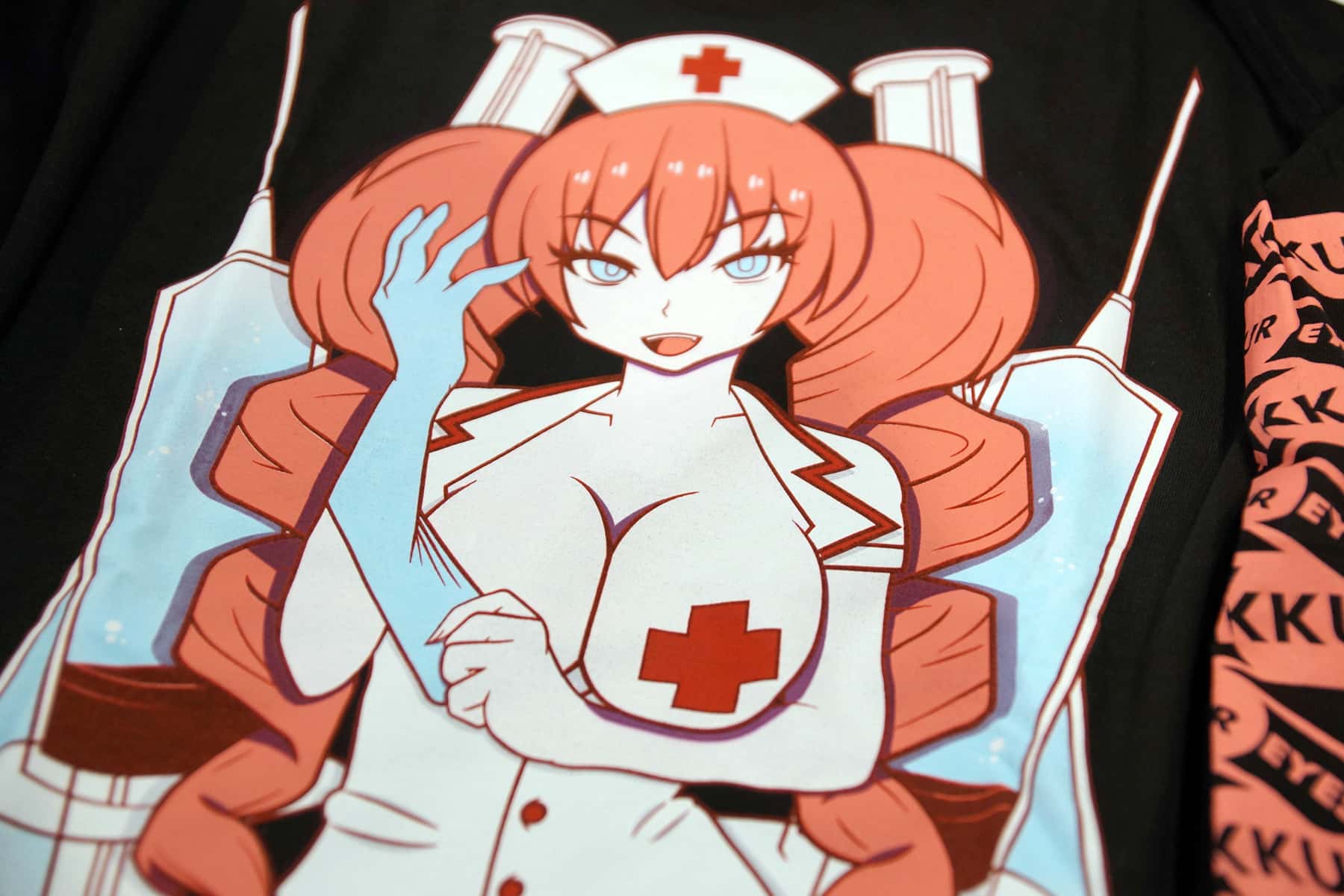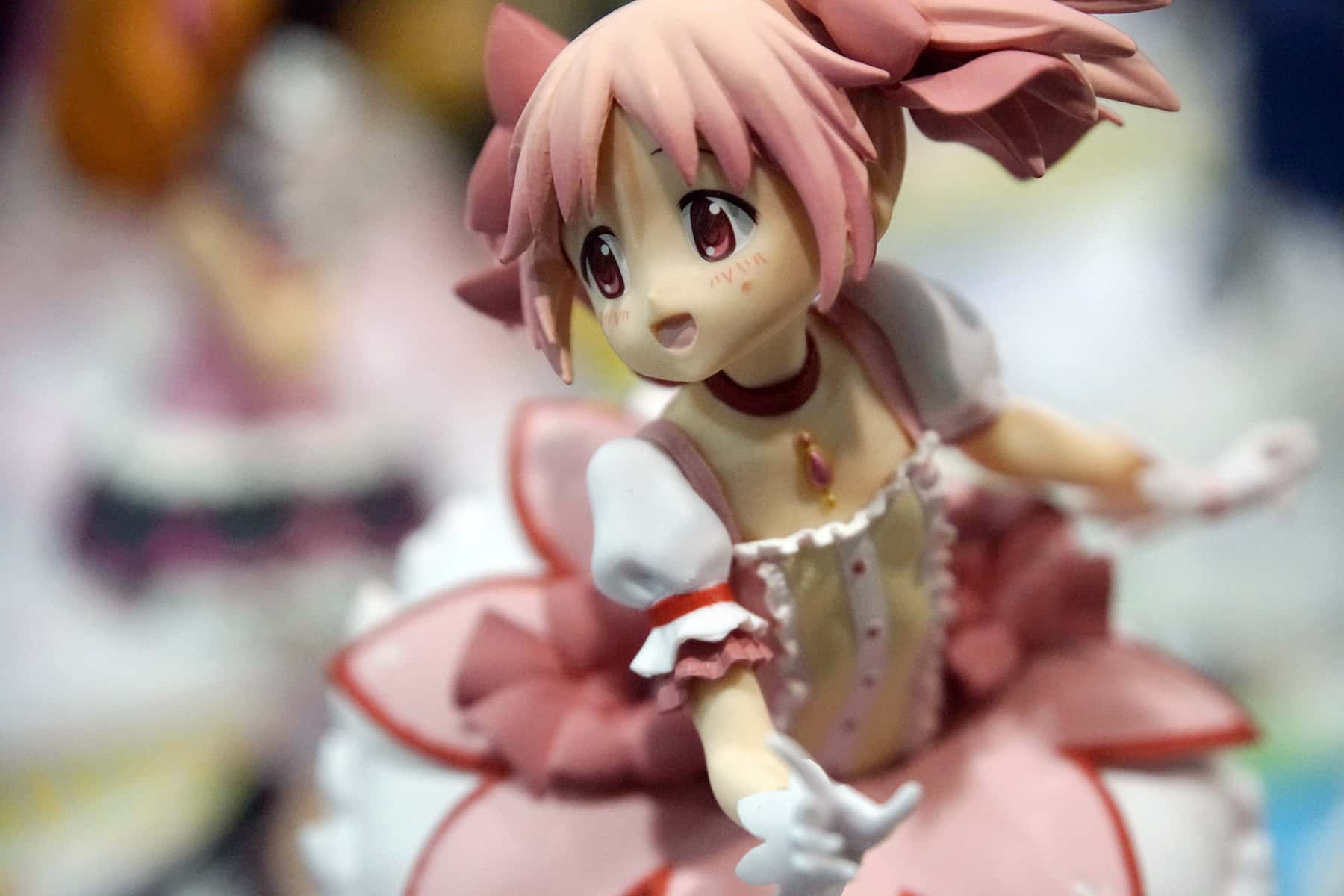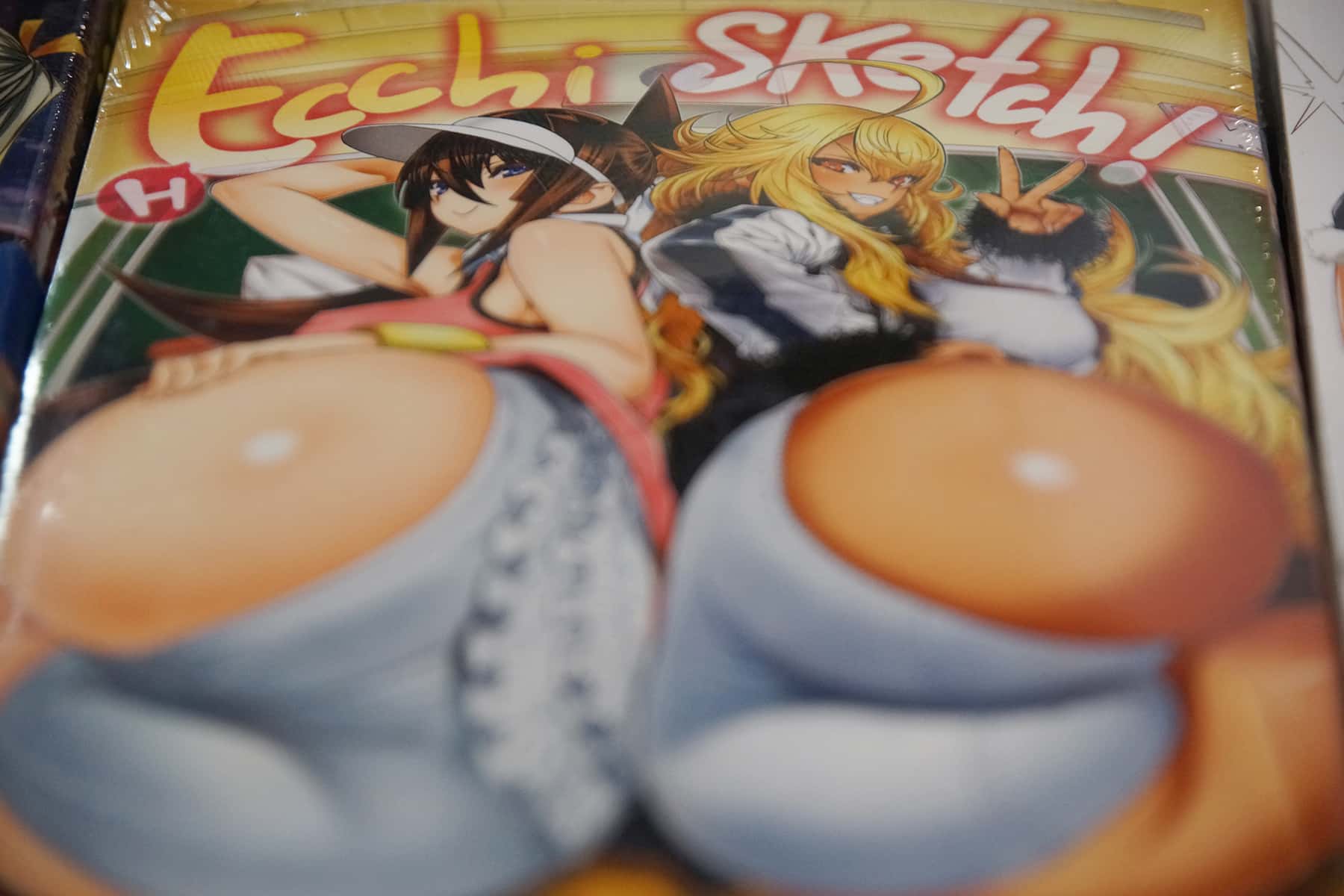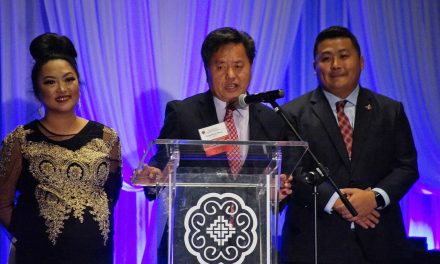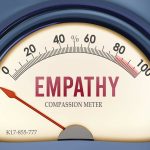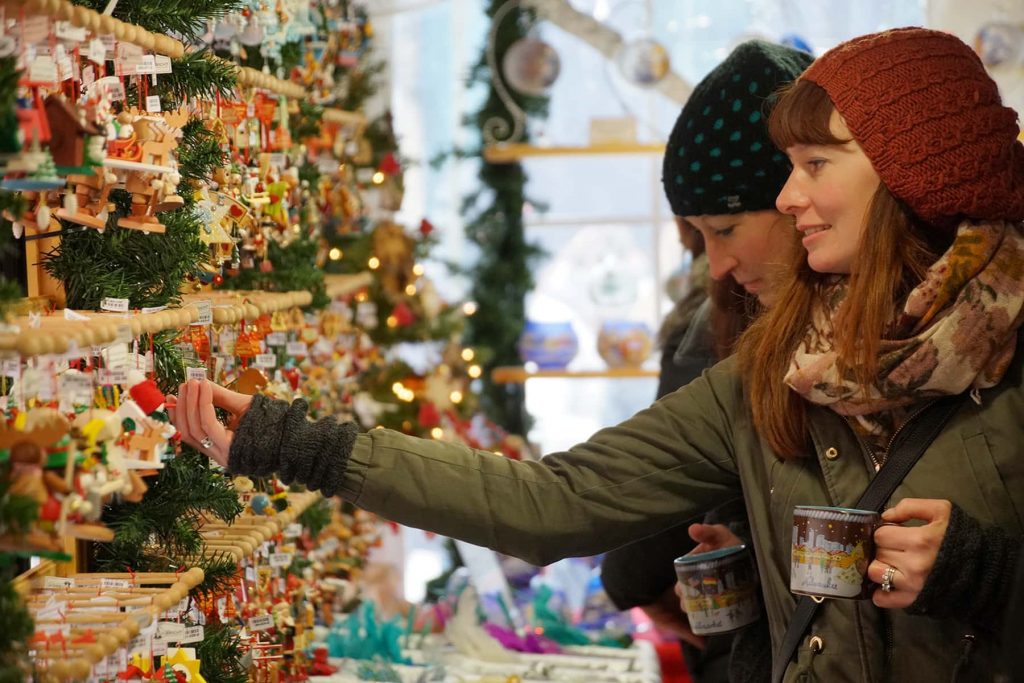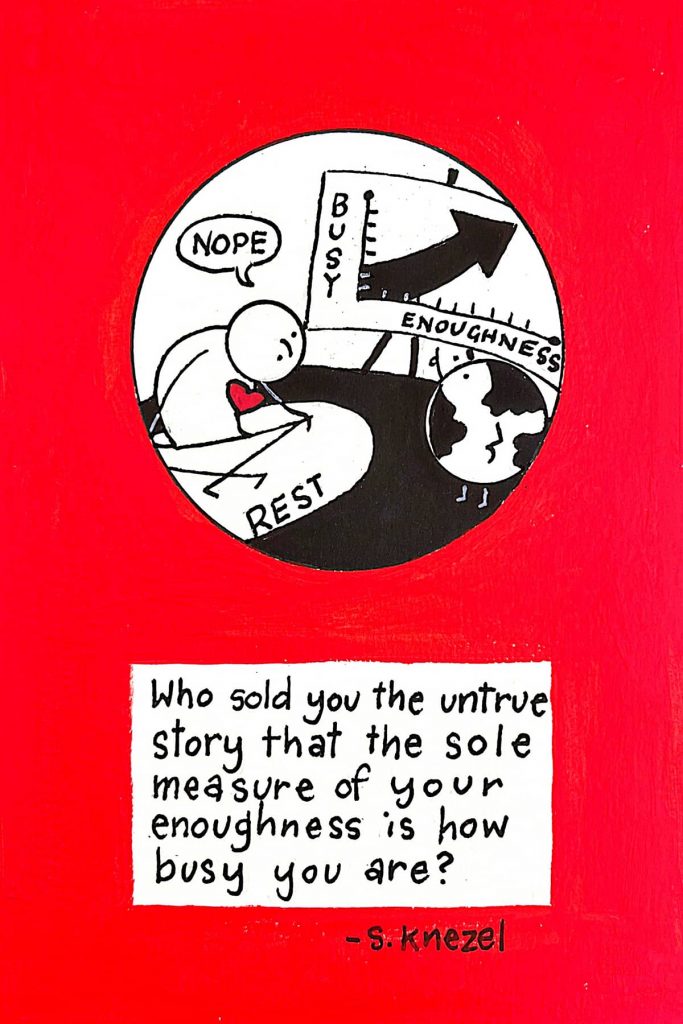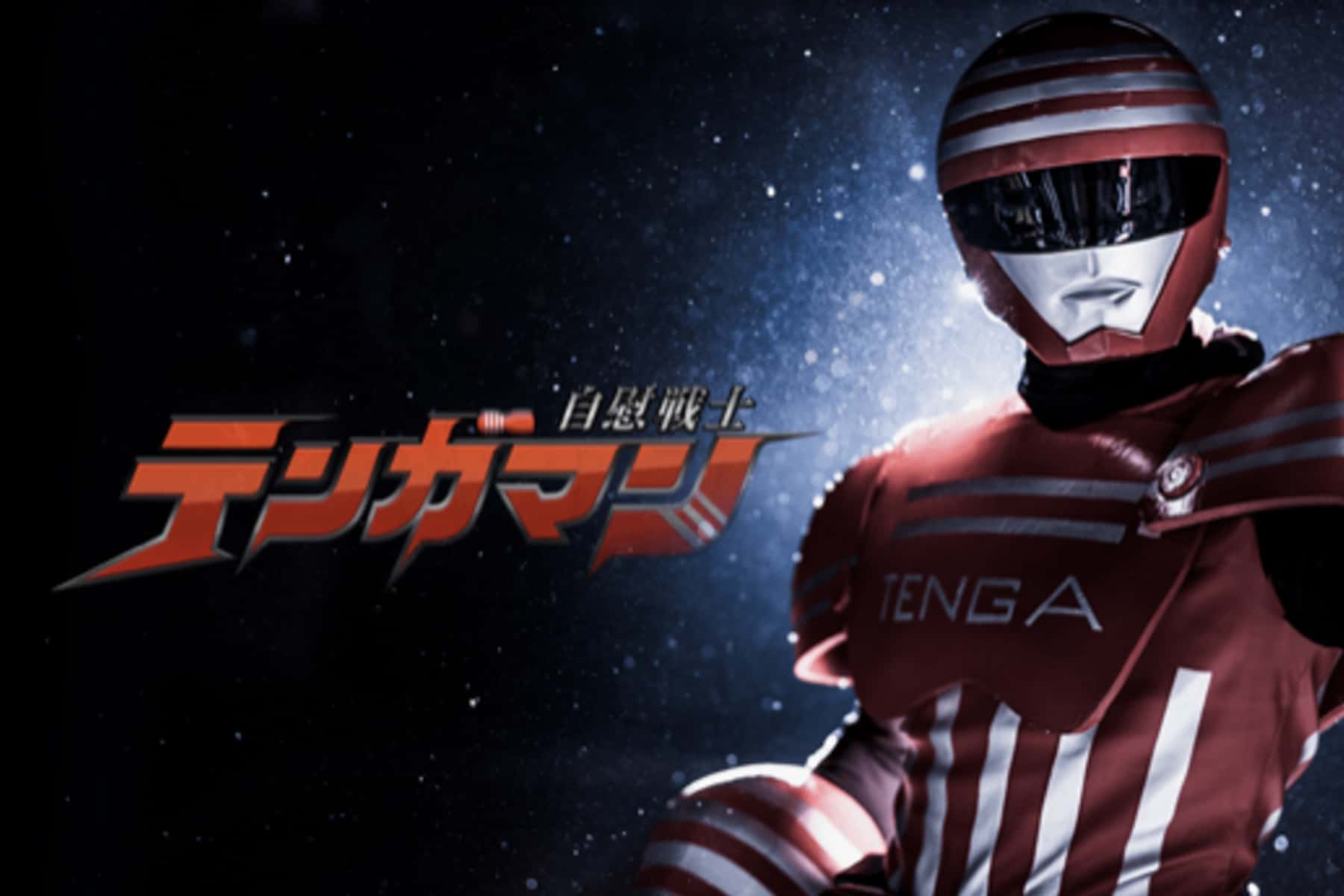
Japanophiles across the midwest attended Anime Milwaukee 2019, and over the three days every topic and taboo was up for discussion in some quarter of the colorful gathering.
Fans of Japanese culture are familiar with the importance and popularity of Yuru-chara, mascot characters like Domo-kun – the official mascot of the NHK television network – and Kumamon, a mascot created by the government of Kumamoto Prefecture. These pop-cultural icons are celebrities like no other, because of their adorable nature – being overside stuffed animals.
Mascots in Japan are basically a national obsession, and that fever was exported around the world from the country’s entertainment industry. Hello Kitty or Doraemon, for example, are both cartoon cats that enjoy the similar star status of Disney’s Mickey Mouse, yet also stand as mascots for many elements of Japanese culture.
There are literally thousands of mascots in Japan representing everything from small towns to prisons to consumer items. Japanese companies often invent mascots to be heroes that represent their merchandise, and not all are identifiable as plush toys.
Some mascots, which serve as product ambassadors, look more like the Power Rangers as an appeal to a specific demographic of consumer. And there are apparently few limits to what a mascot can represent, even with sex toys.
Tenga, a company that makes a line of masturbation toys under the same name, created a mascot and equivalent “Hallmark holiday” by pronouncing July 21 as “Hand Job Day.”
In the Japanese language, “masturbation” is “onanii” (オナニー), which is a slang pun on how the calendar day 07.21 is spoken (“o” for “zero,” “na” for “seven” or “nana”, “ni” which means “two,” and the long vowel mark “ー” by saying it refers to “one” or “ichi.”
The Kamen Rider style “Tengaman” (テンガマン) in Japanese is referred to as “Jii Senshi” (自慰戦士) or “Masturbation Warrior.”
Japanese cartoons (Anime), comic books (Manga), and cultural aspects are often interwoven with sexual themes, since ancient society is less publicly Puritan than America. Some of the most popular characters in Anime, for example, are not exactly gender neutral, but not clearly gender specific either. As a homogenous culture, there is a vast diversity that is appealing to American youth.
While Tengaman did not appear at Anime Milwauke this year, nor is the mascot expected to ever appear anywhere in America, the themes behind the mascot were evident at the convention, which has a history of supporting very progressive views on the expression of sexuality.
- “Kawaii culture” of Anime brings $3.8M economic impact to Milwaukee
- Anime convention does more to desegregate Milwaukee in a weekend than nonprofits do all year
- Photo Essay: AMKE celebrates all things Japanese
- Photo Essay: The eye candy and edible snacks of Anime merchandising
- TeddyLoid: Japanese musician talks music, manga, and Milwaukee
- Photo Essay: DJs spin Anime tracks at Nocturnal Underground dance party
- 360° Video: TeddyLoid remixes the Rave at Anime MKE
- Countdown to Milwaukee’s anime invasion
- How anime silently desegregates Milwaukee
- Photo Essay: Anime Milwaukee (2016)
- Industry celebrities a big attraction at AMKE
Lee Matz

